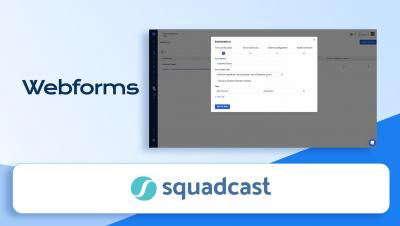Communication Channels in Squadcast | Incident Management | Squadcast
Communication Channels help you add Video Call links, ChatOps links, and other external links to an incident. Additionally, you can create a dedicated Slack Channel for an incident using the Communications Card.











